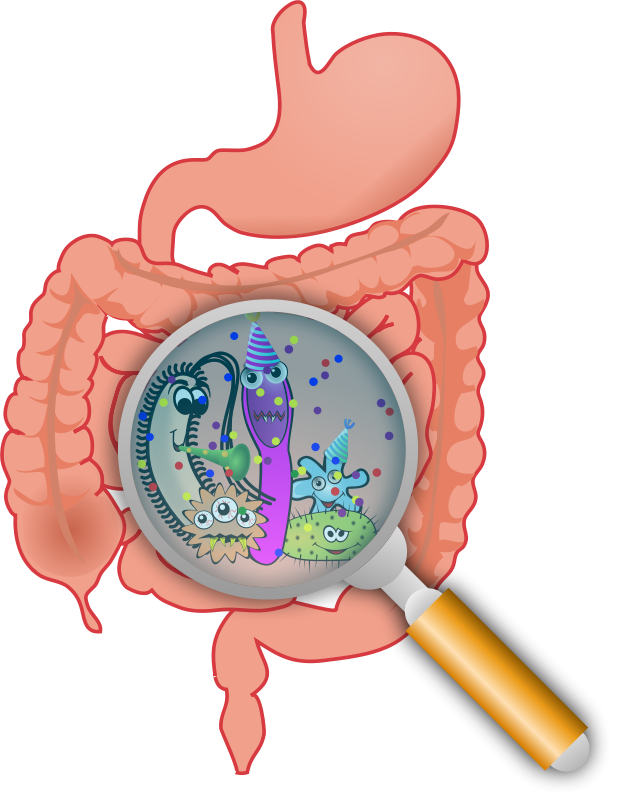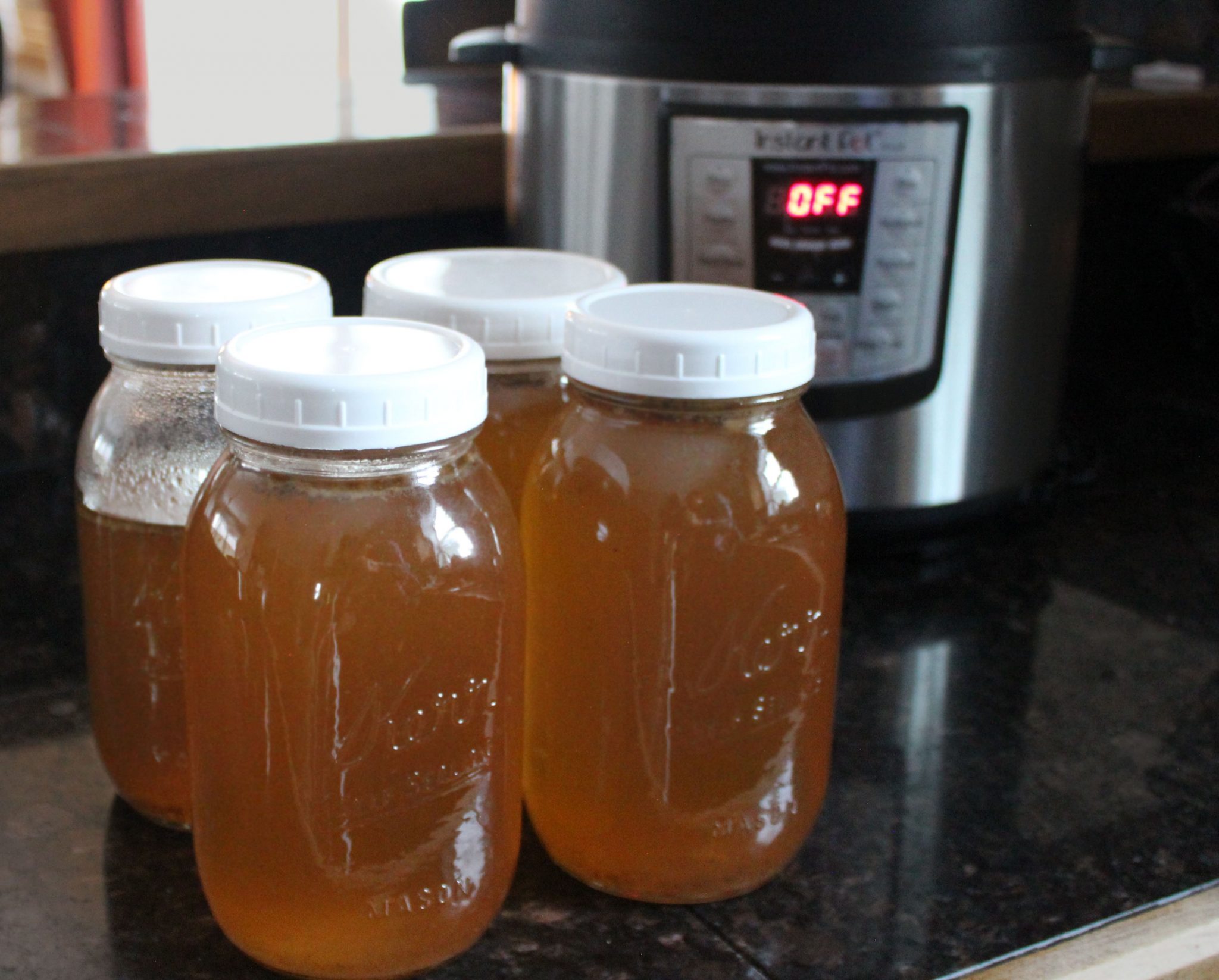
Childhood behavioral and emotional problems affect all our families – if you don’t have a child with behavioral needs, it is likely there are one or two of them in your child’s class. Understanding and solving these behavioral problems is on the forefront of in-tune parents minds. One thing often missing during desperate searches for behavior remedies in children is a look at the food.
Personality profiles, love languages, and parenting books galore are on the bookshelves and navigation history of parents of difficult children. Professionals are consulted, schools are in constant communication, and parents may even feel guilt and resentment over these children’s behavior.
Some food changes are tried, specifically limiting sugar and eliminating artificial colors. But there is more than Red #40 and high fructose corn syrup in the link between behavior and food.
Specifically, looking at behavior reactions to common foods that are typically healthy, such as eggs, dairy, or brightly colored fruits and vegetables, isn’t commonly done.
No, the answer isn’t always food – loving parents, secure attachments, healthy movement and fresh air, a safe place to live, and education are all essentials for healthy development. But if all the other pieces are in place, it is time to take a closer look at potential food allergies.
Read: How Attachment Theory is Different From Attachment Parenting
How Food Allergies Affect Behavior
It’s just food! How could one thing that so many people eat every day affect another person so drastically?
This is where the individual microbiome and state of the digestive tract come into play.
Food affects behavior in any or all of these three ways:
- The offending food, or parts of the food, goes directly into the blood stream through leaky gut, causing an allergic reaction through the immune system that can present as a behavior change.
- The offending food is feeding a specific gut flora, and then the gut flora emit a chemical as they digest it. This chemical can cross the blood-brain barrier and stimulate a behavior change, as some drugs do.
- The offending food is preventing the absorption of a certain needed nutrient, or the the offending food is irritating the gut in a way that it is inflammed, and thus not absorbing food well enough, and not extracting the needed nutrients out of it, causing a deficiency.
These behavior issues can present in different ways depending on the person affected:
- Fogginess and forgetfulness
- Anger and irritability
- Distractibility
- Hyperfocus
- Extreme happiness, or uncontrolled giddiness for seemingly no reason
- Mood swings from high to low on a frequent basis
- Sadness (depression) and lack of zest for life
- Nervousness (anxiety) and preoccupation with things going wrong
- And more
Egg rage
Egg rage is one of the more obscure, yet it occurs often enough that it has a nickname. Eggs, in some children, cause a rage-like reaction. And since eggs are in so many things and they’re so good for must people, they are often not eliminated as part of an elimination diet.
What is egg rage?
Egg rage is having an ‘anger’ or ‘no filter’ reaction to eggs. This reaction, when not linked with a food allergy, may get the child labeled as having a difficult temperament, or as immature emotionally. When a food allergy is discovered, though, a child can avoid eggs and remain their happy, sweet, helpful selves!
If you have tried other dietary intervention in the past, but have never gotten to the root of this type of behavior issue, I encourage you to give going egg-free a try! For behavior, mood, and mental health issues usually using an allergy elimination in combination with the ketogenic diet has the best results.
But if you can’t swing that right now, going egg-free (you have to read labels, eggs are in so many things!) may be the solution for you!

How to start an allergy elimination diet
Remove foods – take your best guess based on family history and behavior.
There are a few foods/behaviors or symptoms that are commonly linked:
- Dairy -opiate-like foggy state
- Gluten and grains – digestive issues
- Diary and eggs – eczema and skin issues including acne
- Eggs – Anger, rage, and irritability
- Phenols – impulsivity
- Histamines – runny noses, hives, frequent gas
- Oxalates – Kidney stones, joint pain, and skin issues
If it’s a mood/behavior/neurological issue, consider going into ketosis in addition to allergy elimination to see if that helps. My kids have thrived on keto, and doing an egg-free dairy-free keto trial this summer was how I uncovered the egg issue for one of my children!
We do both keto and slow addition in the method of the Gut and Psychology Syndrome (GAPS) diet in the Gut Healing Class.
Provide gut-healing foods that are digested easily
Start with mostly meat, broths, and ghee for healthy fats and perhaps a few low phenol/lectin/oxalate/histamine (I know, it’s a lot!) fruits, vegetables, and other foods:
- Apples, peeled
- Melon
- Lemon juice
- Mangos
- Papaya
- Winter squash
- Cabbage
- Cauliflower
- Iceberg lettuce
- Peas, fresh in their pods
- Lentils, brown and red (higher in phytic acid if that is an issue)
- Black-eyed peas
- Almond oil, ghee, and sunflower oil
(Source for above food recommendations)
And then add single foods, or food types, in and watch for reactions and adjust accordingly.
This whole time you’re looking for food allergies, it helps to foster a spirit of curiosity. The charts and meal plans all help, but being curious rather than frustrated goes a long ways toward your quality of life!
Further experiments to determine the allergen
Once you’ve figured out the food that is causing the reaction, you can try introducing different varieties of the offending food. For example, you can try raw eggs vs cooked eggs, just the yolk or just the white, just a little eggs in a baked good vs scrambled eggs as a meal, etc.
Recommended: Is It Okay to Eat Raw Eggs?
Balancing the Gut for Behavior
Once allergens are taken care of, balancing the gut is important to make sure food is being digested well and the pathogenic bacteria are kept in check.
Recommended protocol: The GAPS intro diet for gut healing and sealing
Probiotics can help, be sure to go slow – we’ll be introducing these beneficial bacteria, which will in turn kill off the bad ones – when this happens we can experience a rush of symptoms, so it’s important to go slowly (these are the probiotics that I use)
Recommended reading: Things You Need to Know About High Quality Probiotics (read this before taking Biokult)
When the gut flora is balanced, our children’s digestion improves, their moods stabilize, and the fog is lifted so they start being their sweet helpful selves – the person they are supposed to be.
Do this next:
Download the Sample Meal Ideas to Start a Meat-Heavy Low-Allergen Keto Trial
Watch how an allergen-free keto trial this past summer made such a huge change in our family:
Get the 30 Days to a Healthy Family Checklist

Overwhelmed by making healthy changes? I want to help you get started - get my free checklist that will transform your family's health in 30 days, in small managable steps.



